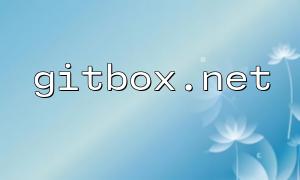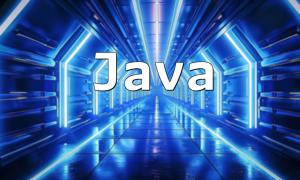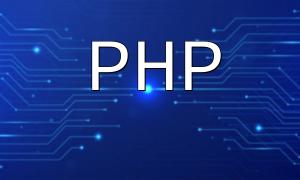PHP is a widely used programming language, commonly employed in web development. PHP7, the latest version of the language, brings significant performance and security improvements. This article aims to reveal the low-level development principles of PHP7, focusing on its core data structures and algorithm design principles.
PHP is an open-source scripting language specifically designed for web development. It can be embedded within HTML code to generate dynamic web content. Initially developed by Rasmus Lerdorf in 1994, PHP was originally named "Personal Home Page," but it now stands for "PHP: Hypertext Preprocessor."
The core of PHP consists of multiple modules, each responsible for different functions. These modules interact with each other through built-in functions to support web content generation, form data processing, database manipulation, and more. PHP runs on various web servers such as Apache and IIS and also supports command-line execution.
Compared to PHP5.x, PHP7 has delivered significant performance improvements. PHP7 is up to 50%-70% faster and also consumes less memory. The core improvement lies in its revamped memory management system.
Prior to PHP7, Zend Engine used a traditional memory management system, which had issues like memory fragmentation, leading to performance degradation. PHP7 introduced an improved memory management system, known as Zend MM, which optimizes memory allocation and release, significantly enhancing performance and scalability.
In addition to performance improvements, PHP7 also introduces several new features, including:
From a low-level development perspective, PHP is implemented in C, and all PHP functions are executed by underlying C functions. The low-level components of PHP include the Zend Engine, Standard Library, and Extension Library.
The Zend Engine is the core of PHP, responsible for parsing PHP code into executable instructions and managing memory, variables, and resources. The execution process of Zend Engine can be divided into five stages:
The most important data structure in Zend Engine is the zval, a general-purpose container used to store PHP variables' values and type information. Zend Engine also includes a memory manager, symbol table, and execution environment.
The Standard Library in PHP provides many essential functions, such as basic data types, input/output operations, and interactions with the underlying system. It includes several modules, such as:
PHP's Extension Library consists of C-based libraries that provide interaction with external systems and services. Through extensions, PHP can interact with databases, file systems, network services, and more.
Extensions are written in C and compiled into dynamic link libraries (DLLs), which are then loaded into PHP to extend its functionality. Here is an example of a simple PHP extension:
This code defines a PHP function called `test_function`, which outputs “Hello World!” to the console. To compile this code into a PHP extension, you would need the PHP extension development package and a C compiler.
This article provides an overview of PHP7, including its core concepts, performance improvements, new features, and low-level development principles. The core components of PHP—Zend Engine, Standard Library, and Extension Library—work together to enable efficient and scalable PHP applications. Understanding these components and how they interact helps developers optimize performance and enhance development efficiency.
For developers who wish to deepen their understanding of PHP's low-level implementation, mastering the data structures and algorithm design principles is crucial. This knowledge can lead to better optimization and allow for the use of PHP's extension mechanism to meet diverse development needs.










